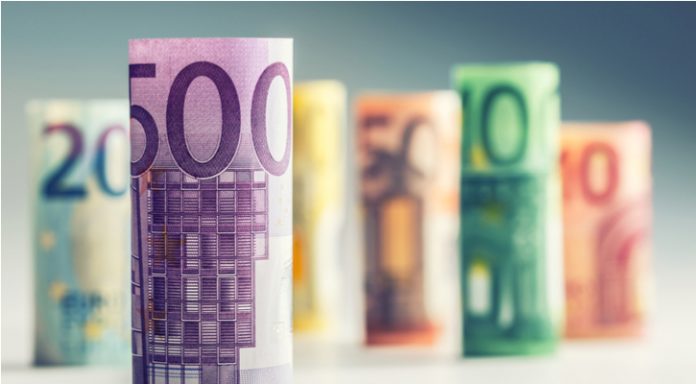The Euro is slipping lower versus the safe haven US Dollar at the start of the new week, paring gains from the previous week. The Euro US Dollar exchange rate climbed 1.5% across last week, closing on Friday at US$1.0985.
At 08:15 UTC EUR/USD is trading -0.45% at US$1.0934. This is towards the lower end of the daily traded range of US$1.0925 – US$1.0975 as Trump boosts demand for the safe haven US Dollar and Eurozone manufacturing output comes into focus.
US Factory Orders Up Next
The US Dollar is trading on the front foot across the board on Monday as risk aversion dominates in the global markets. Economies across the globe are starting to slowly reopen as lock down measures are eased. However, this is being overshadowed by President Trump’s efforts to pin blame for the coronavirus crisis on China and particularly on a laboratory in Wuhan, the province where the outbreak started.
Trump has threatened trade tariffs as punishment for China’s actions, fuelling fears of a second round to the trade war. Mike Pompeo, Secretary of State reiterated Trump’s accusations on Sunday hitting risk sentiment as markets opened for the new week.
Looking ahead, investors will focus on US factory orders which are expected to show a decline of -9.8% month on month in March, highlighting the impact that the coronavirus crisis is having on the US economy.
Eurozone Manufacturing PMI In Focus
Whilst economies across Europe continue to gradually reopen, European PMI data is weighing on demand for the common currency. Spain reported that manufacturing activity slid to 30.8 on the purchasing mangers index, a closely watched output guage. This is worst than the 34 that analyst’s have pencilled in and is well short of the 45.7 level recorded in March, after a full month of lock down in April.
Investors will now look ahead to the manufacturing PMI’s from Germany, the Eurozone’s largest economy and from the Eurozone. The data is expected to be weak, fuelling concerns of a deeper economic recession.
Last week data revealed that economic growth across the bloc contracted -3.8% on an annual basis, in the first three months of the year. The European Central Bank governor Christine Lagarde warned that the Eurozone GDP could fall between 5% – 12% this year.





